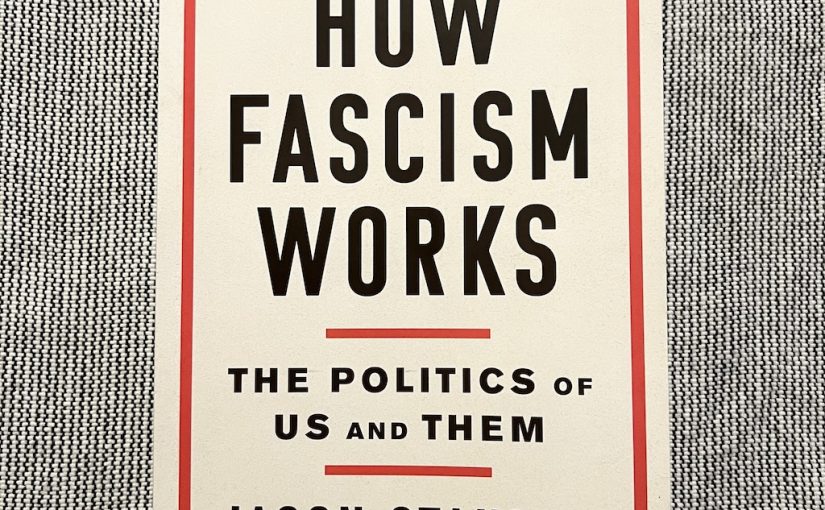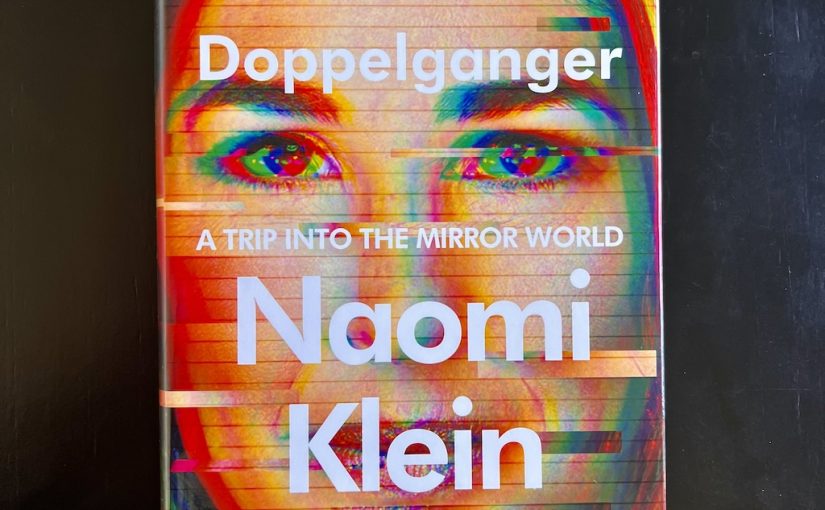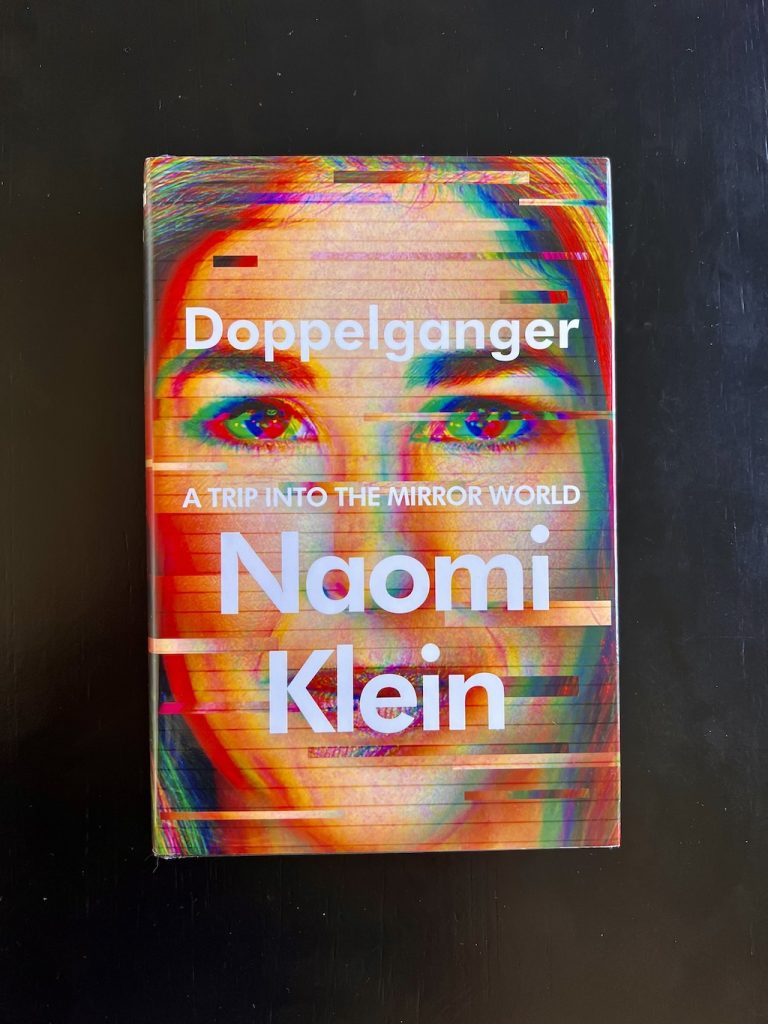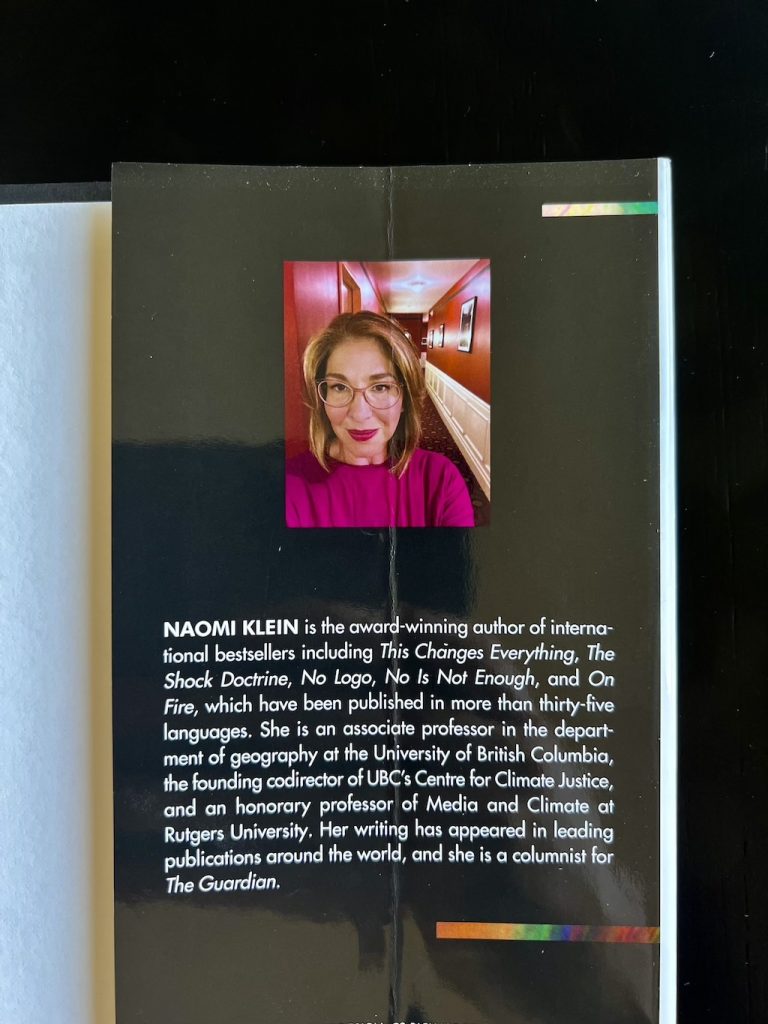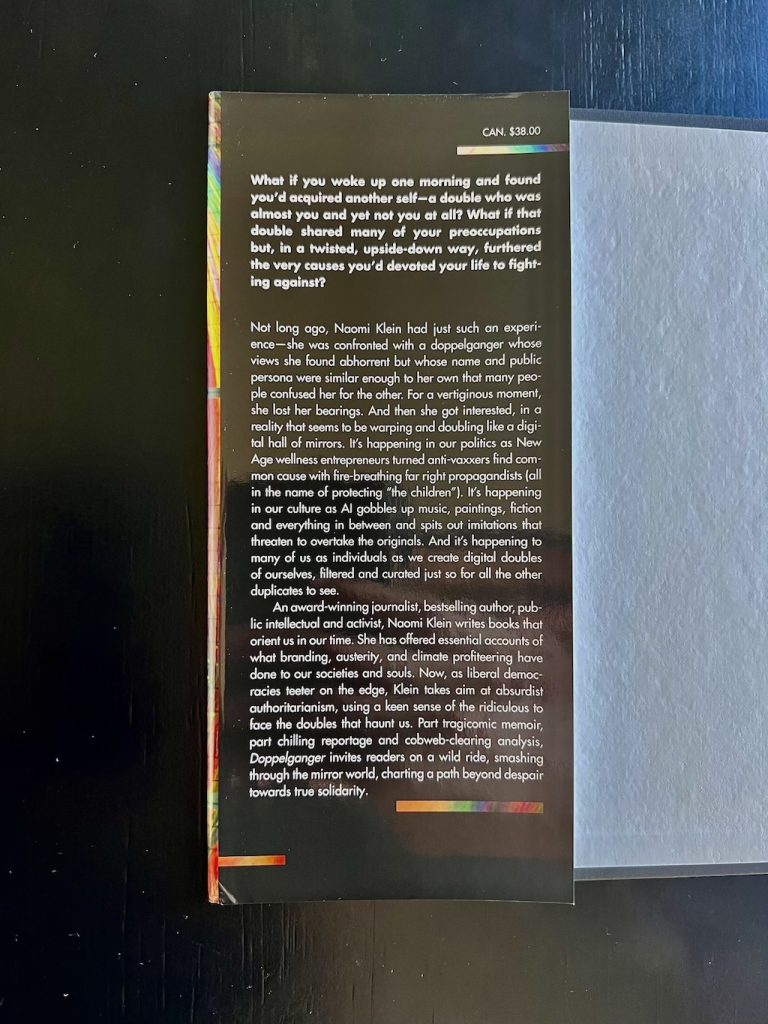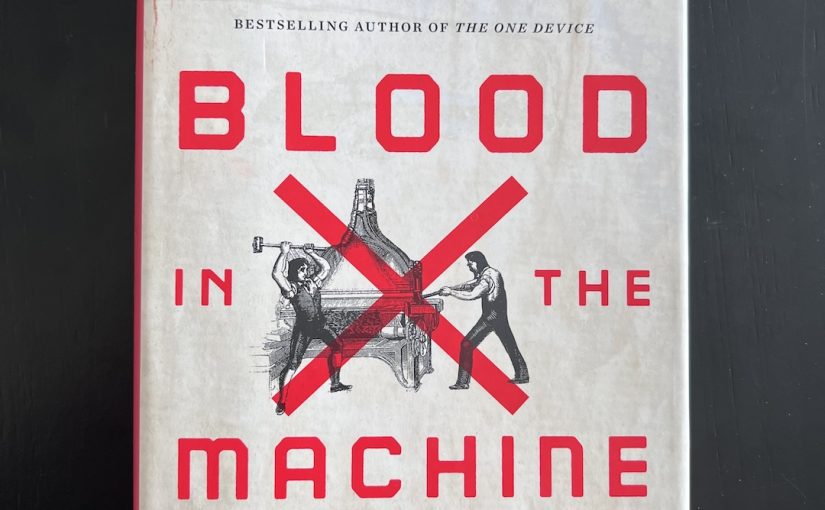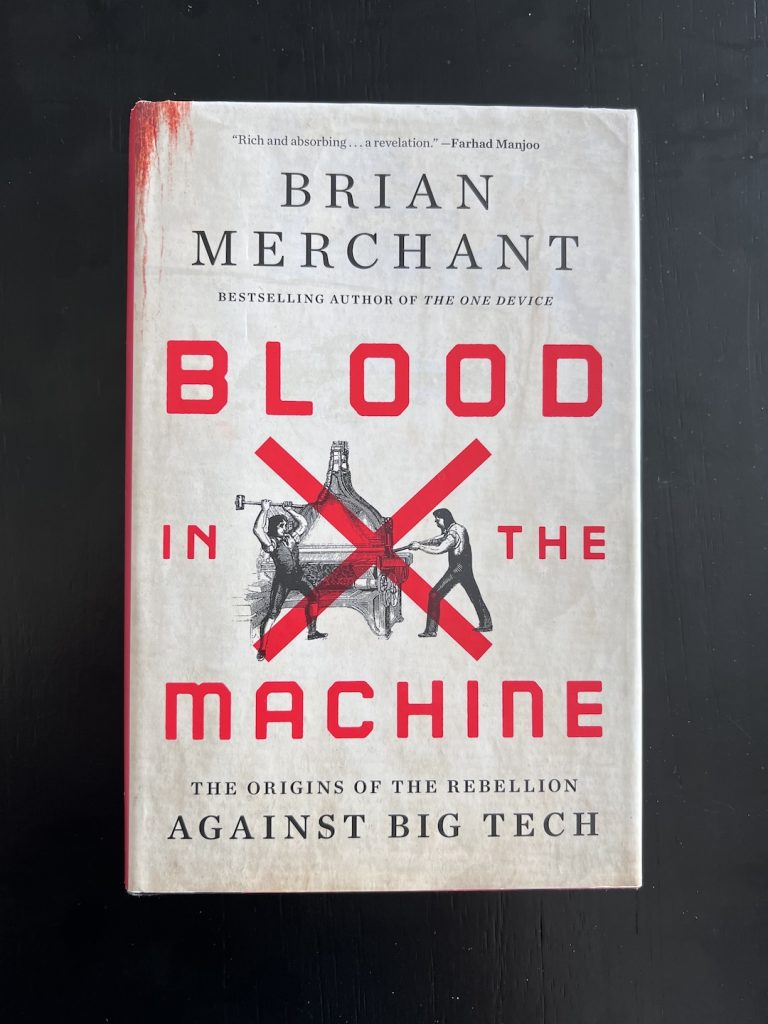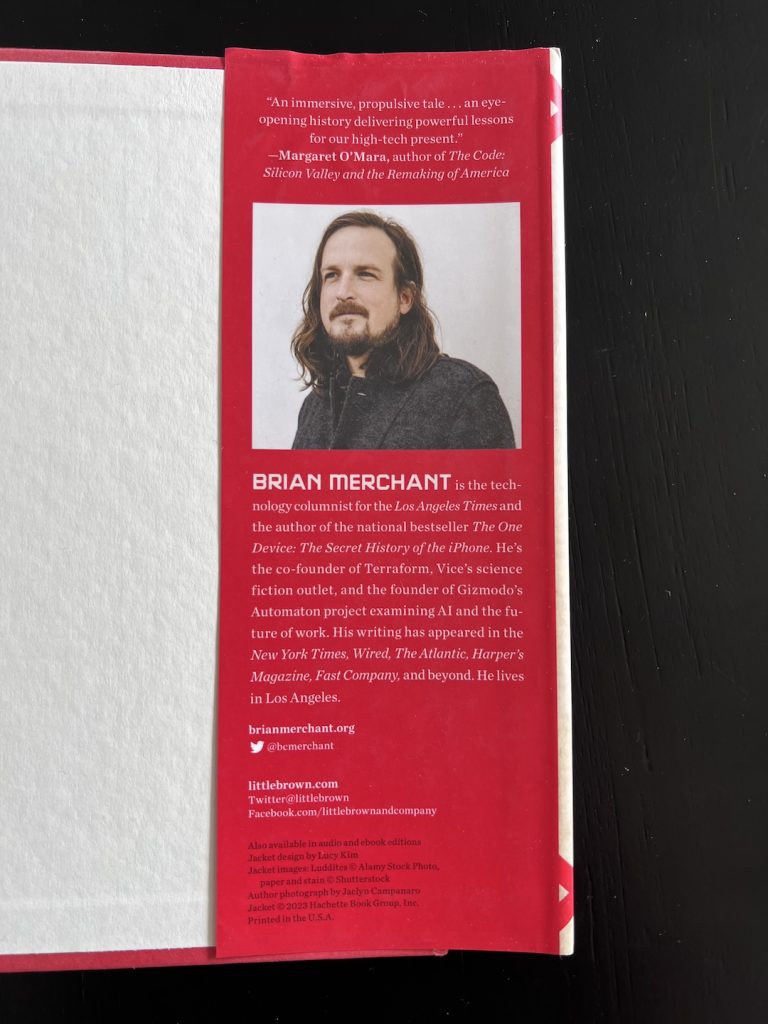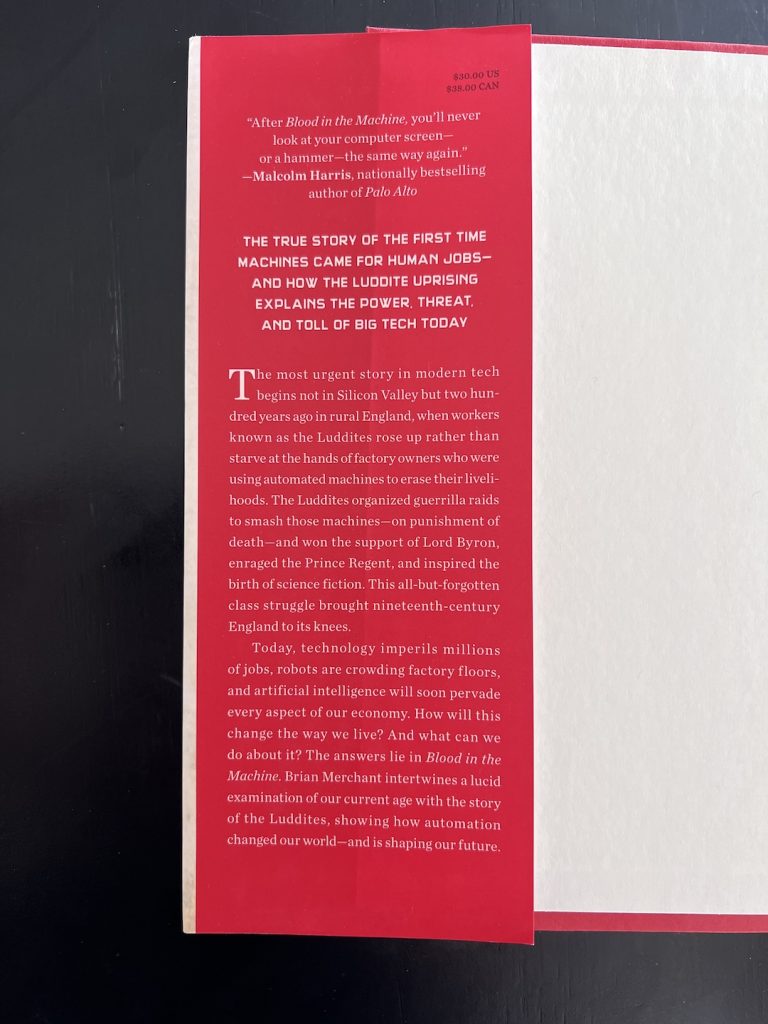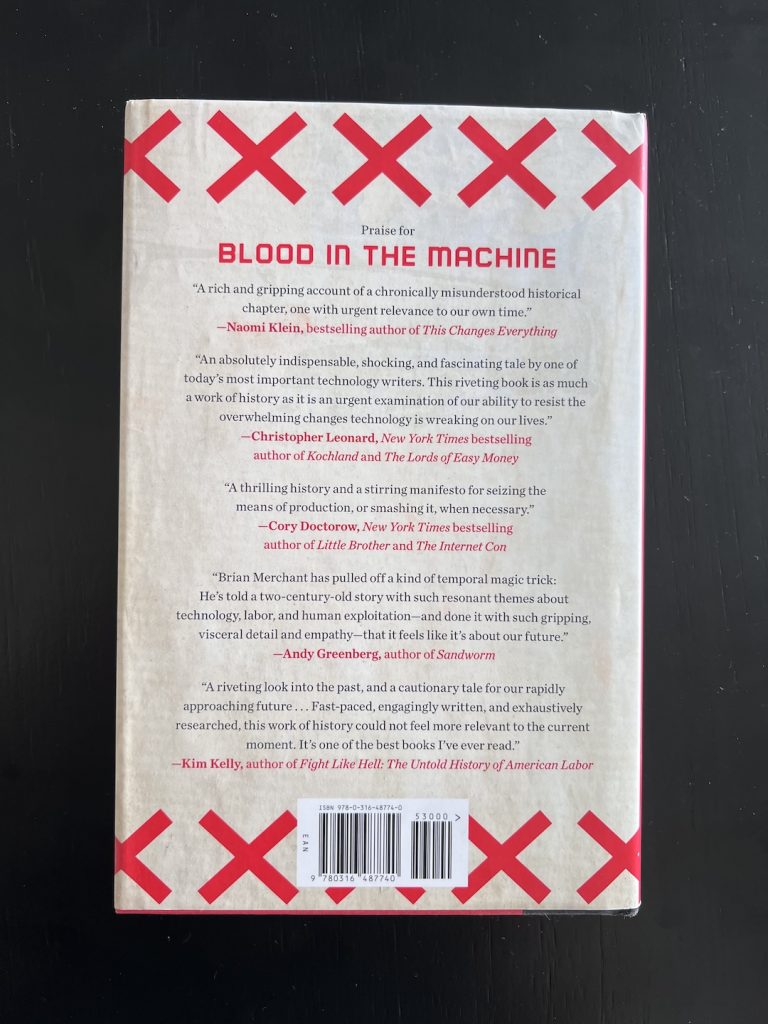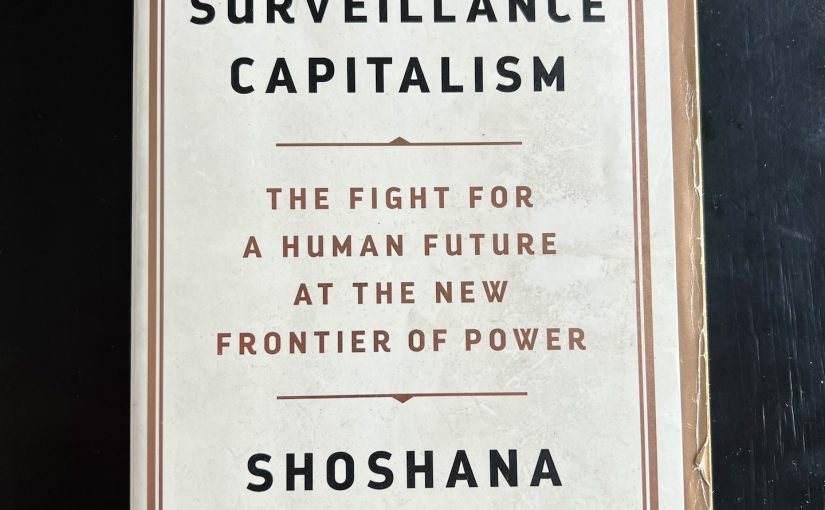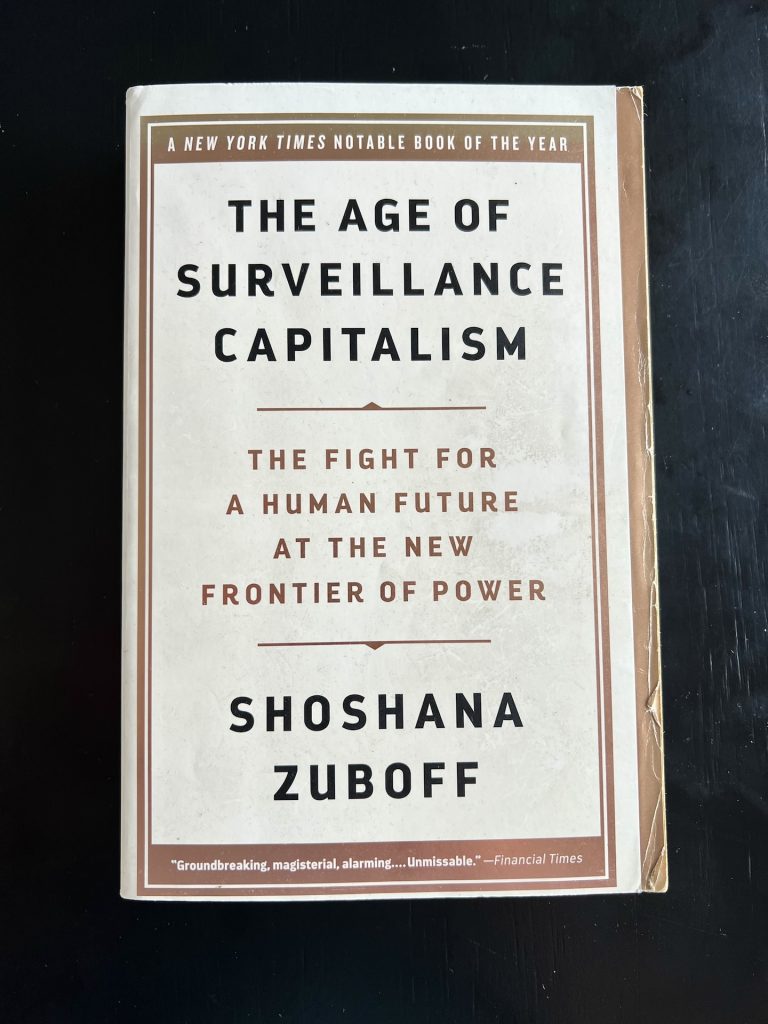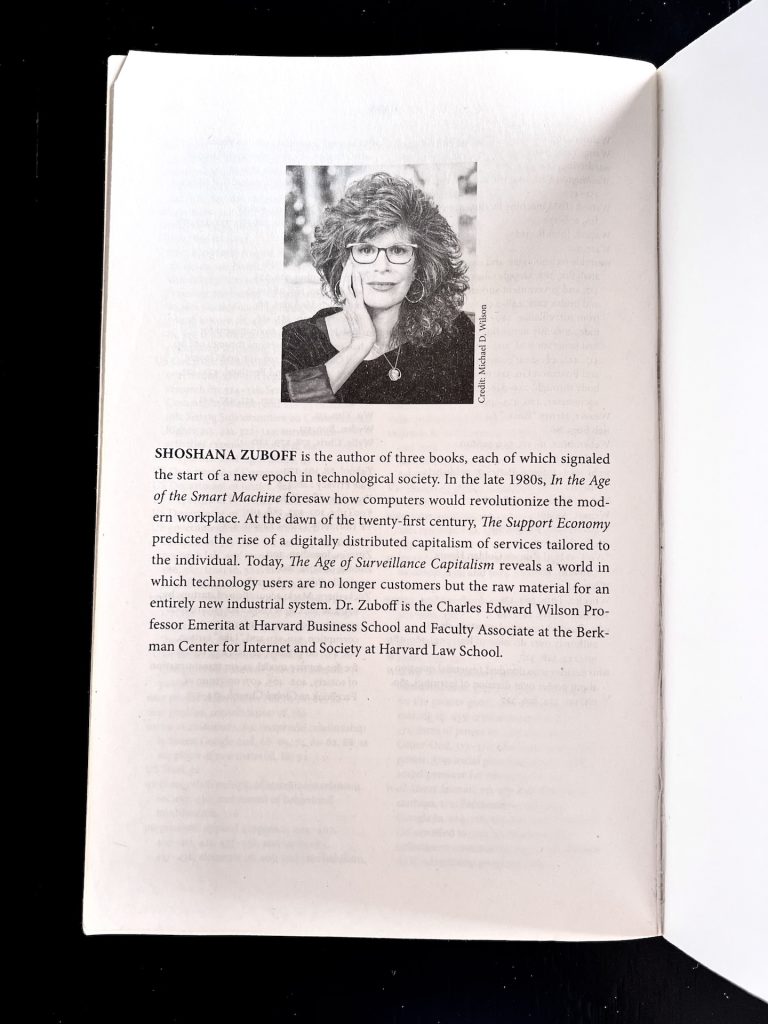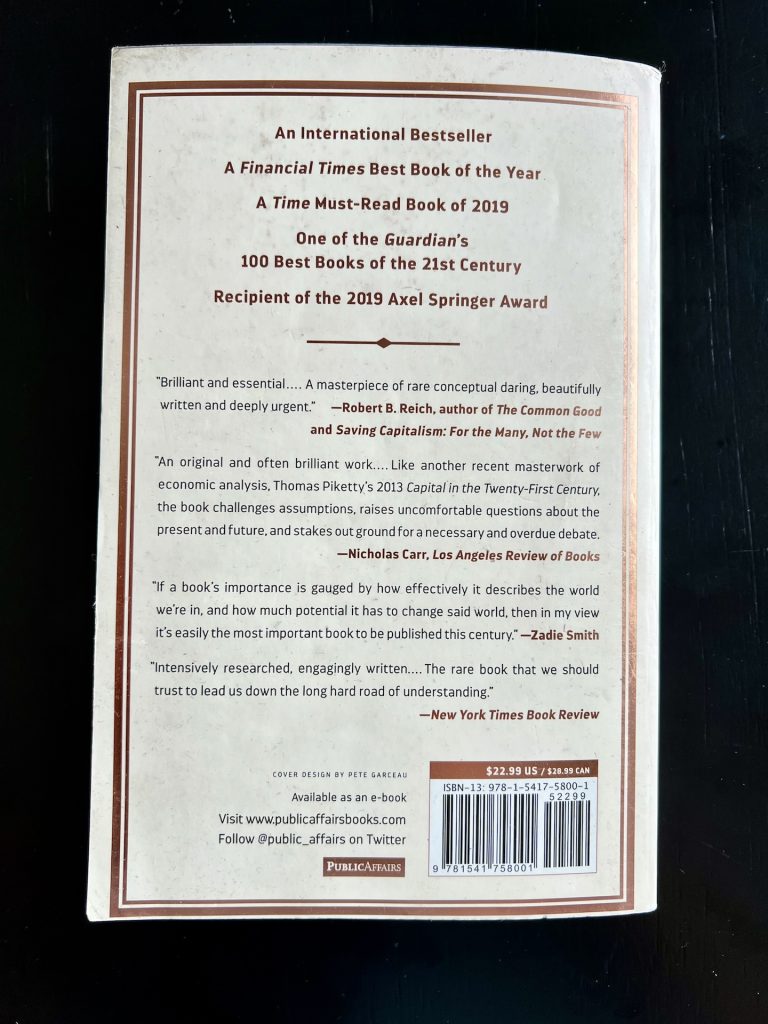What is fascism? Is someone who disagrees with your progressive values a fascist or far-right? Jason Stanley’s book “How Fascism Works” provides a solid checklist to identify fascist narratives by conservative-leaning and right-wing governments and political parties. Some come directly from Hitler’s Mein Kampf book and are repackaged in charming and inviting coded language such as “family values,” “protecting the children,” and “personal responsibility.”
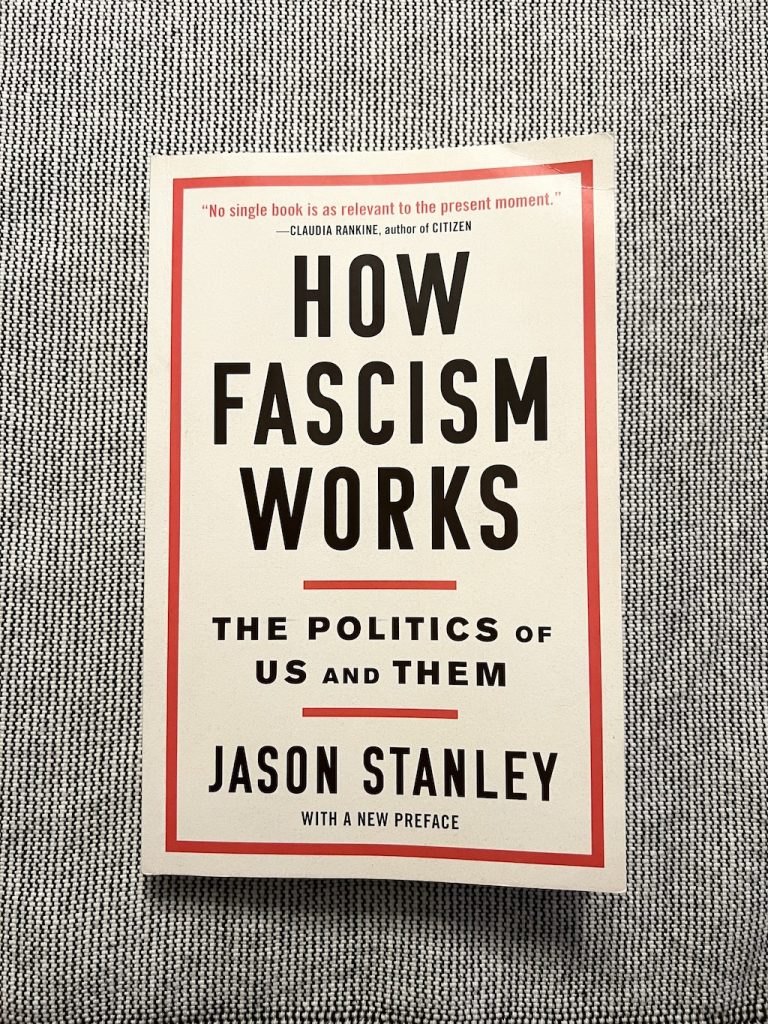
The book provides examples of how far-right leaders and conservative political parties use these narratives in different countries worldwide, specifically the United States, and how they create a politics of Us vs. Them, in which the “us” are the members of a chosen group that are superior and more deserving than “other” groups.
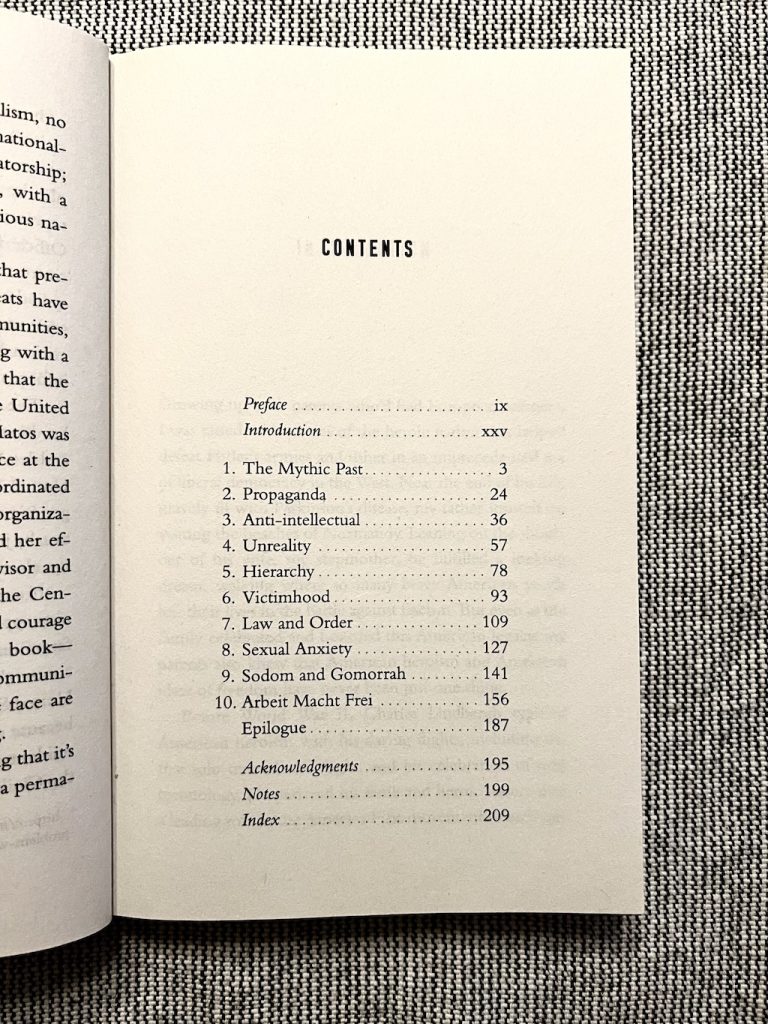
Some of the ideas were references to a mythic past when things were better, such as the MAGA slogan, the use of propaganda to widen the urban and rural conflicts, anti-intellectualism targeted towards scientists and journalists, vilifying the journalists and creating an alternate reality of alternative facts, having a hierarchical point of view of society and the world in general, victimhood and claiming that their values and livelihoods are under attack by the “other” groups, claiming that the members of “us” group believe in “Law and Order,” and having constant sexual anxieties and wanting to restrict rights and autonomy of women and LGBTQ+ communities while enforcing traditional heteronormative and gender binary ideas as family values and protection for children.
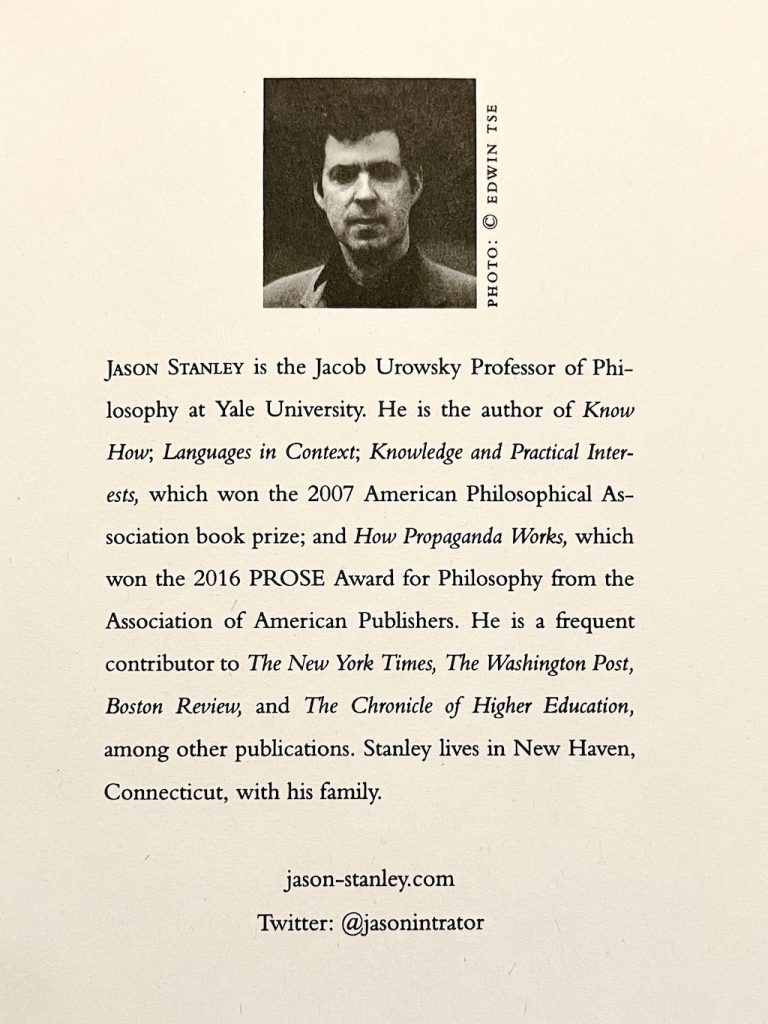
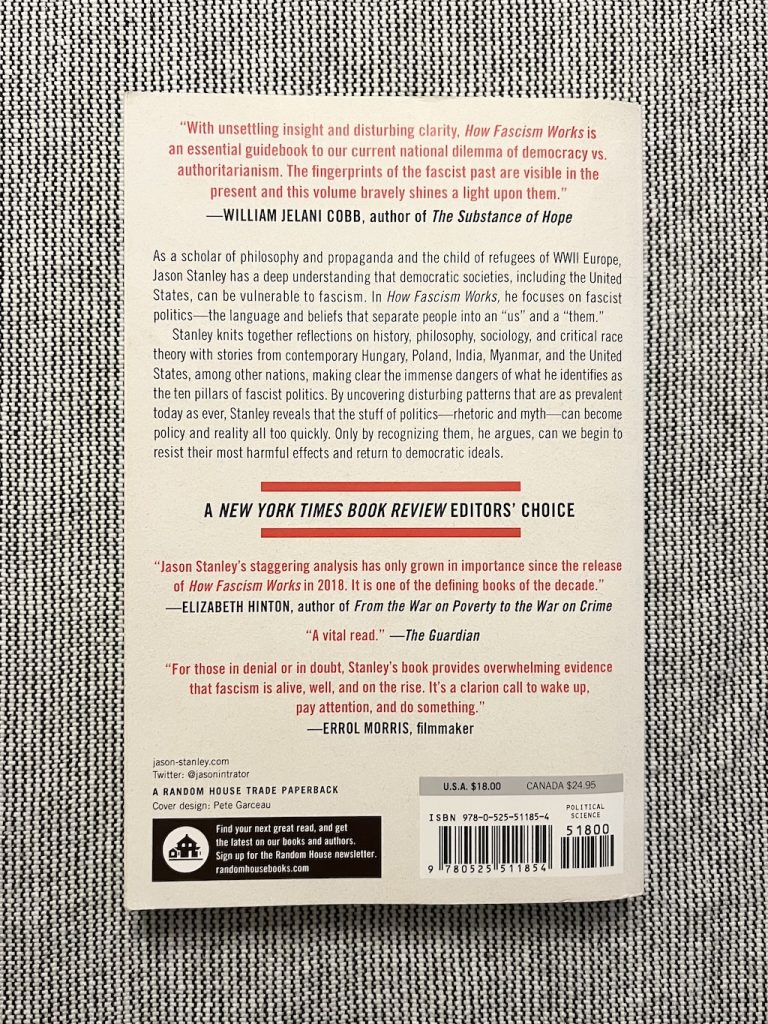
The book is a little over 193 pages; it is fluid, if not emotionally heavy. It is suitable for all ages, and I strongly encourage you to read it; you won’t be disappointed! I even bought more than one copy for friends and family members.
